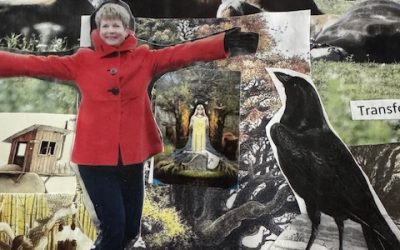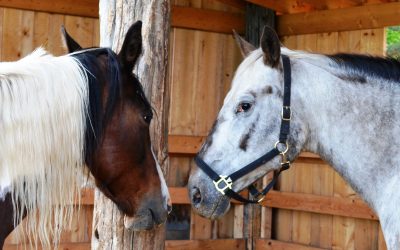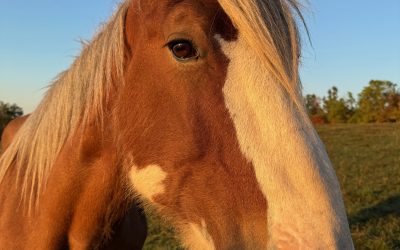The Kawartha Sexual Assault Centre (KSAC) has a wonderful resource that focuses on the importance of grounding. Grounding is a set of simple strategies to detach from emotional pain e.g. craving, anger or sadness. Distraction works by focusing outward on the external world, rather than inward to the self.
When you are overwhelmed with emotional pain, it is helpful to find a way to detach so that you can navigate your feelings and remain feeling safe. Grounding is a way to anchor yourself to the present and to reality.
Some of the guidelines KSAC suggests for grounding include:
- Knowing that grounding can be done at any time, any place, or anywhere – no one needs to know when you are engaging in the act of grounding.
- Grounding puts a healthy distance between you and your state of activation and the negative feelings related to it.
- When you are feeling your nervous system is activated, keep your eyes open, scan the room or area around you, and if necessary, turn a light on to stay in touch with the present.
- Rate your mood before and after engaging in a grounding activity to notice the difference. Some people use a scale of 1 to 10 (10 being highest level of pain) to decide when to engage in grounding. If your state of pain is more than 6, engaging in grounding might be helpful.
- Focus on the present, not on the past or present.
- Remain neutral about any feelings that you are experiencing. Notice the feeling, acknowledge it and move on.
Learning to ground is a skill that requires practice. Schedule time throughout the day to break and try a different form of grounding to see what works best for you. There are three major ways of grounding: mental, physical and soothing. You may find that one type works better for you or maybe all types are helpful.
Mental grounding techniques are about focusing on your mind. These include the following:
- Describing your environment in detail, using your senses. Describe objects, sounds, textures, colours, smells, shapes, numbers and the temperature. You can do this anywhere.
- Play a categories game with yourself. Try to think of types of food, animals, colours.
- Describe an everyday activity in great detail e.g. making a meal.
- Saying a safe statement e.g. “My name is _____________. I am safe right now. I am in the present, not in the past.”
- Use humour. Think of something funny to jolt yourself out of your mood.
- Count to 10 or say the alphabet very slowly.
Physical grounding techniques are about focusing on your senses (e.g. touch or hearing). This could include:
- Running warm or cool water over your hands.
- Grabbing tightly onto your chair as hard as you can.
- Touching various objects around you: keys, stress ball, the wall, your clothing.
- Digging your heals into the floor – literally grounding them. Notice the tension centred in your heels as you do this.
- Carrying a grounding object in your pocket, which you can touch whenever you feel triggered.
- Jumping up and down.
- Noticing your body: the weight of your body in the chair; the feel of the chair against your back.
- Stretching – rolling your head around, extending your fingers.
- Clenching and releasing your fists.
- Walking slowly and noticing each footstep.
- Focusing on your breathing, noticing each inhale and each exhale.
Soothing grounding means talking to yourself in a very kind way. This includes:
- Saying kind statements, as if you were talking to a small child – for example – “You are a good person going through a difficult time. You will get through this.”
- Think about your favourite things – colour, animal, season, time of day.
- Picture people you care about and look at a photograph
- Remember the works to an inspiring song, quote or poem e.g. John Denver’s Country Roads
- Remember a safe place. Describe the place that you find so soothing.
- Say a coping statement e.g. “I can handle this.”
- Savour a cup of tea or a piece of chocolate.
- Think of things that you are looking forward to in the coming week e.g. timing with a friend,





